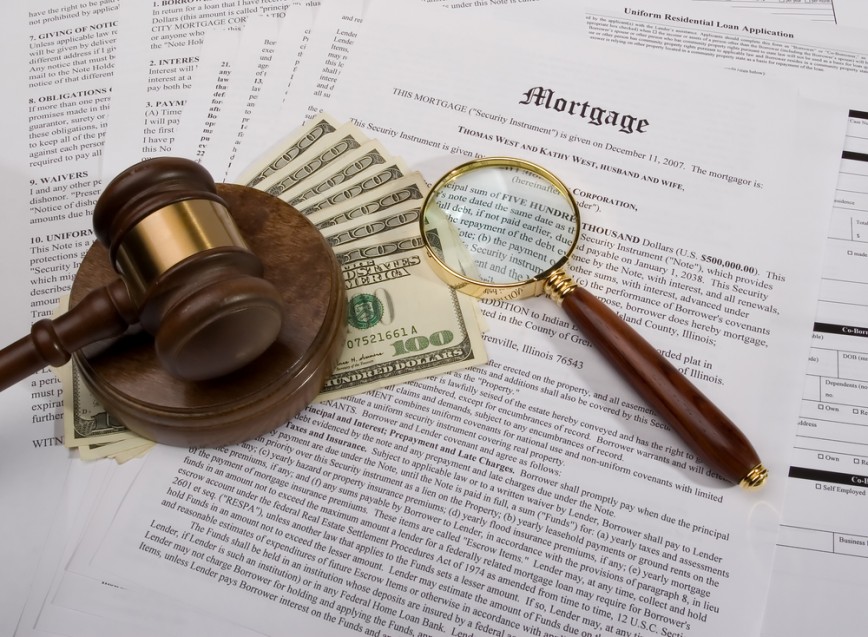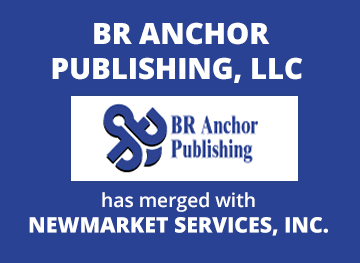Depending upon your unique situation, which would be the better mortgage option for your to choose, the adjustable-rate mortgage (ARM) or fixed rate? While each financing option may have its benefits and downsides, the low upfront costs of ARMS can be very tempting, but at the same time include a level of uncertainty. The fixed rate on the other hand offers payment predictability, but can be a bit more expensive. Here are some quick pros and cons associated with each option.
ARMs: Pros
- Lower rates and subsequent payments earlier on in the loan.
- Will allow you to save more of your money.
- Allows the borrower to take advantage of falling rates without having to refinance.
- Due to the fact that you have lower payments, when being qualified for a loan you can buy a larger home.
- Inexpensive method for borrows to finance who don’t plan on staying in one location for too long.
- Payments and interest rate is lower than fixed, which will allow you to save more money and potentially buy a bigger home in the future.
ARMs: Cons
- Payments can rise quickly and sharply over the life of a loan. For example, a 4% ARM can go to 9% in three years, depending upon rising interests rates.
- On negative amortization loans, you can end up having to pay more money than you did at closing because of the payment schedule. You should be careful with this option, as the lender may offer you this choice in order to make a minimum payment that doesn’t cover the interest owed. The unpaid interest will be added to the amount borrowed, which increases over time.
- ARMs can be very technical and difficult to fully comprehend, as the lender has more to work with e.g. caps, adjustment indexes, margins, etc., thus it is easy to become confused and fooled by unethical mortgage companies.
Fixed Rate: Pros
- Payments will remain constant throughout the life of the line, and there are no financial pitfalls that will surprise you, even if inflation spikes.
- Straightforward and relatively easy to understand.
- Provides predictability in your budget, if your credit is strong and you plan to stay in your new home for a while, this type of mortgage is typically the best.
Fixed Rate: Cons
- In times when interest rates are falling, you will have to refinance. This entails additional closing costs, time spent at the bank, and more paperwork.
- In times of high interest rates, can be relatively expensive for some borrowers due to the fact that there is no interest rate discount and early-on payments.
At times, it can be somewhat more difficult to get a fixed rate loan than an ARM loan for







